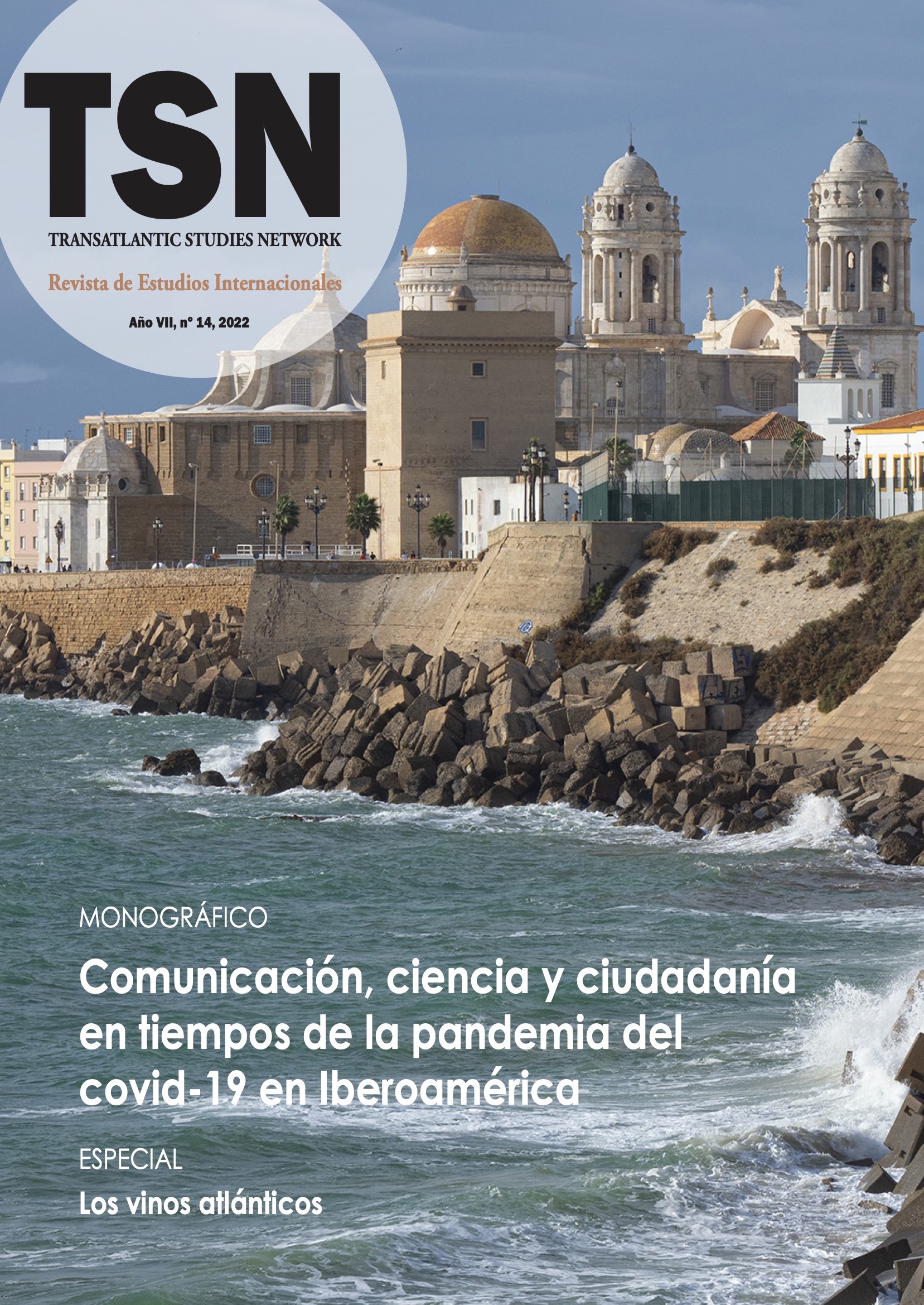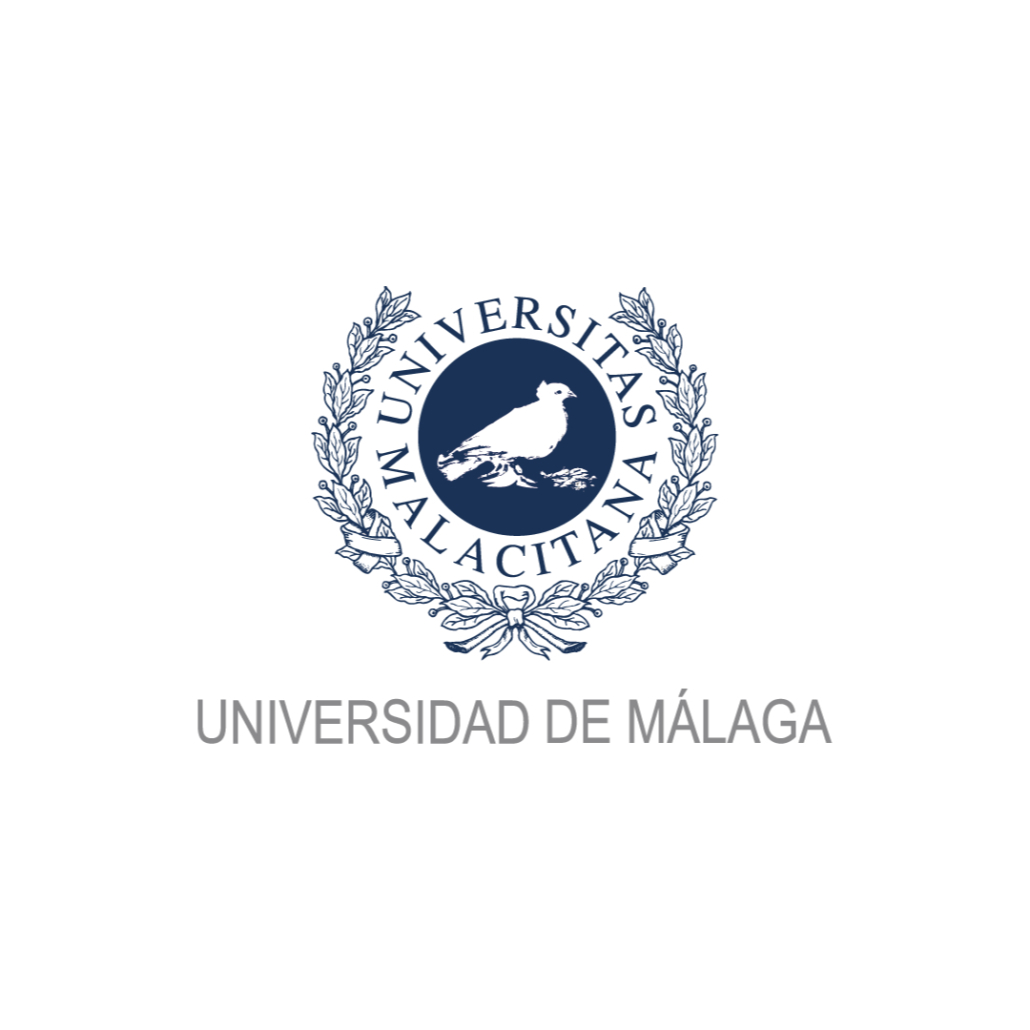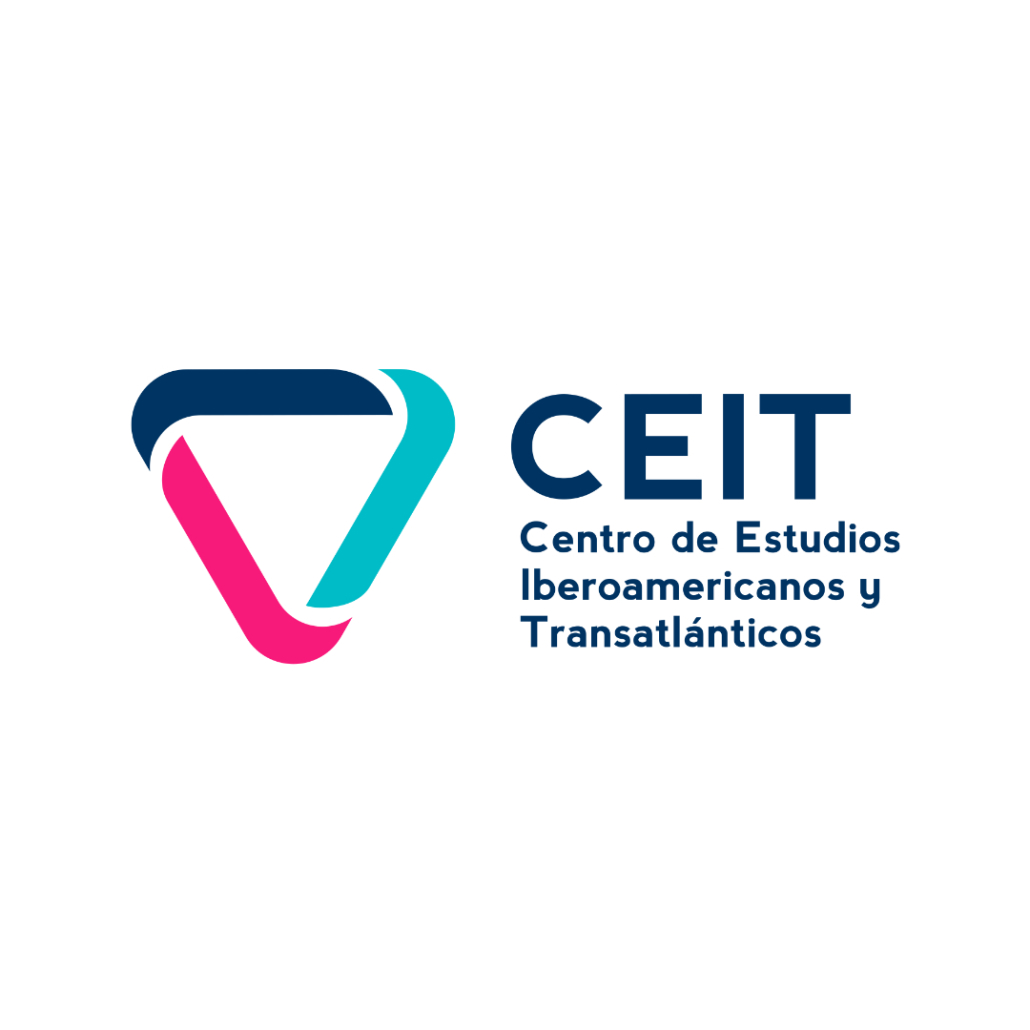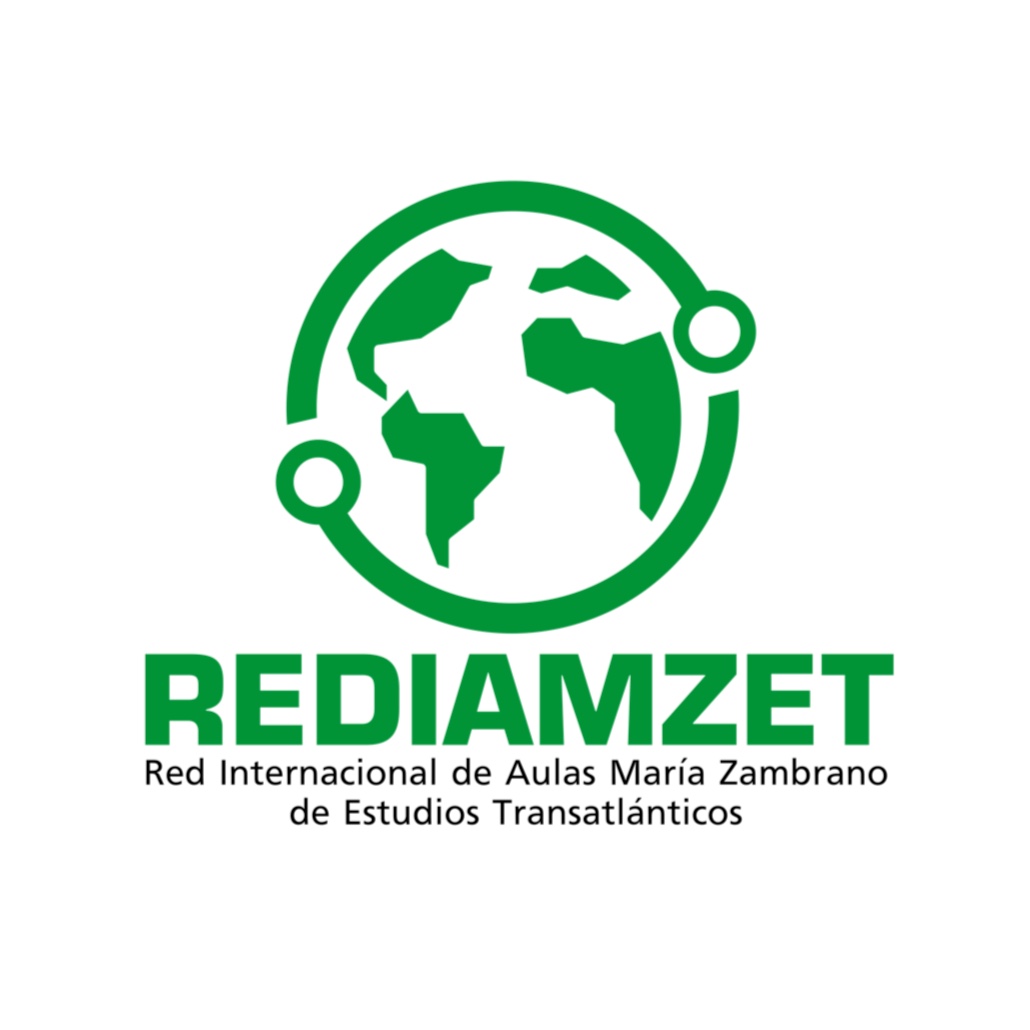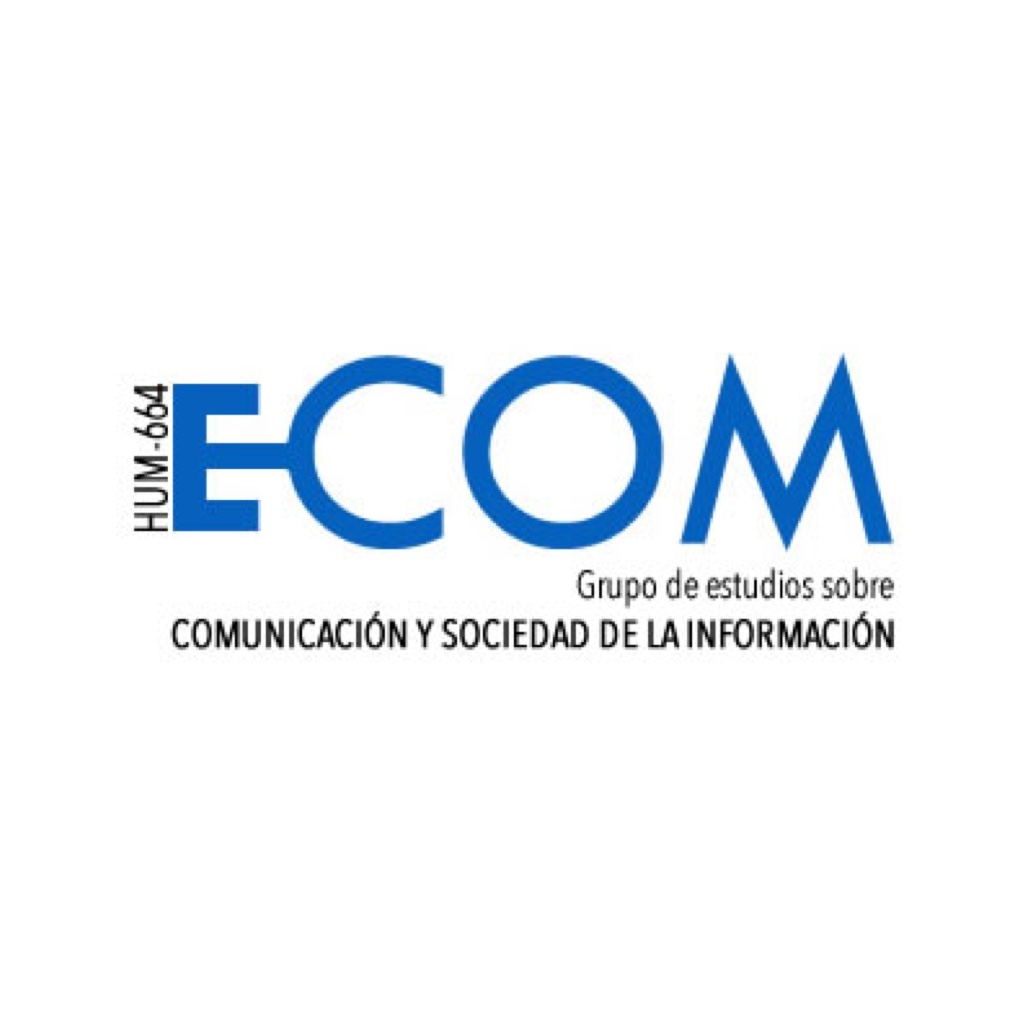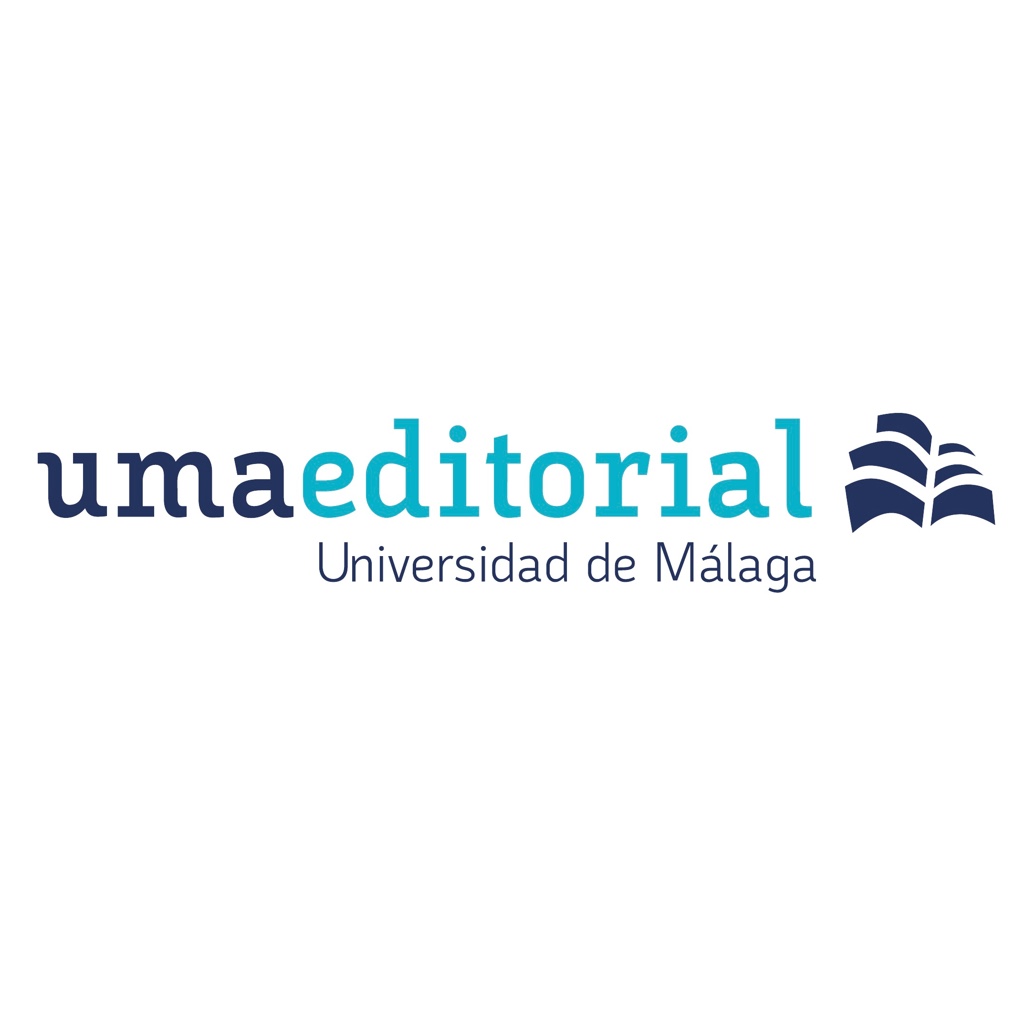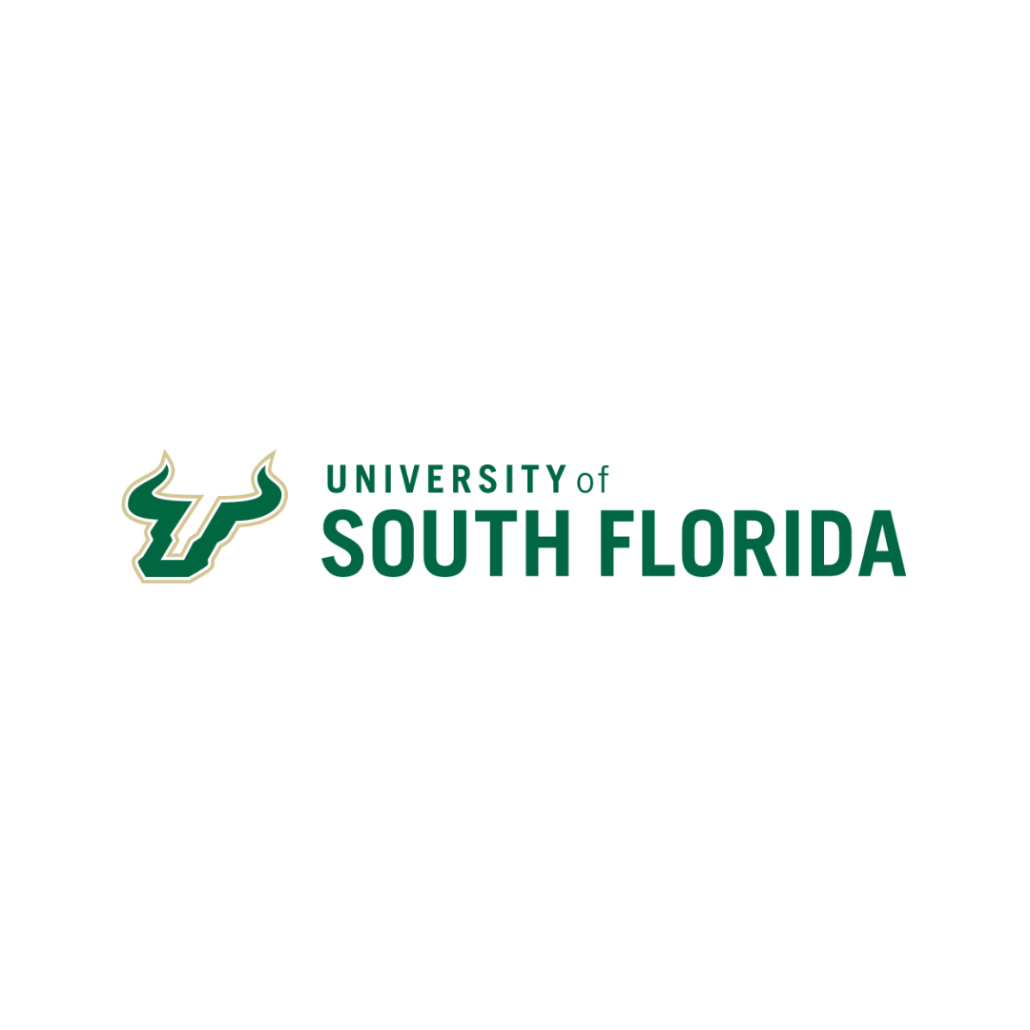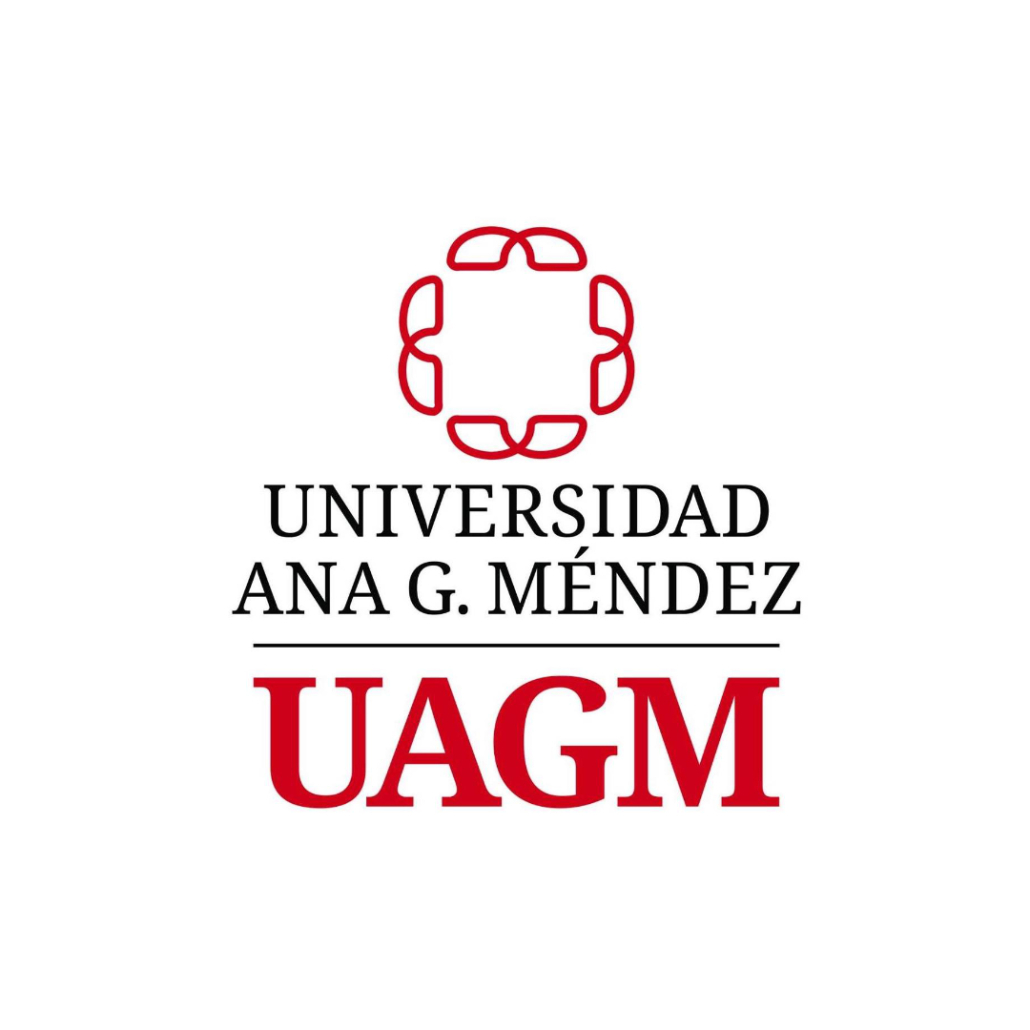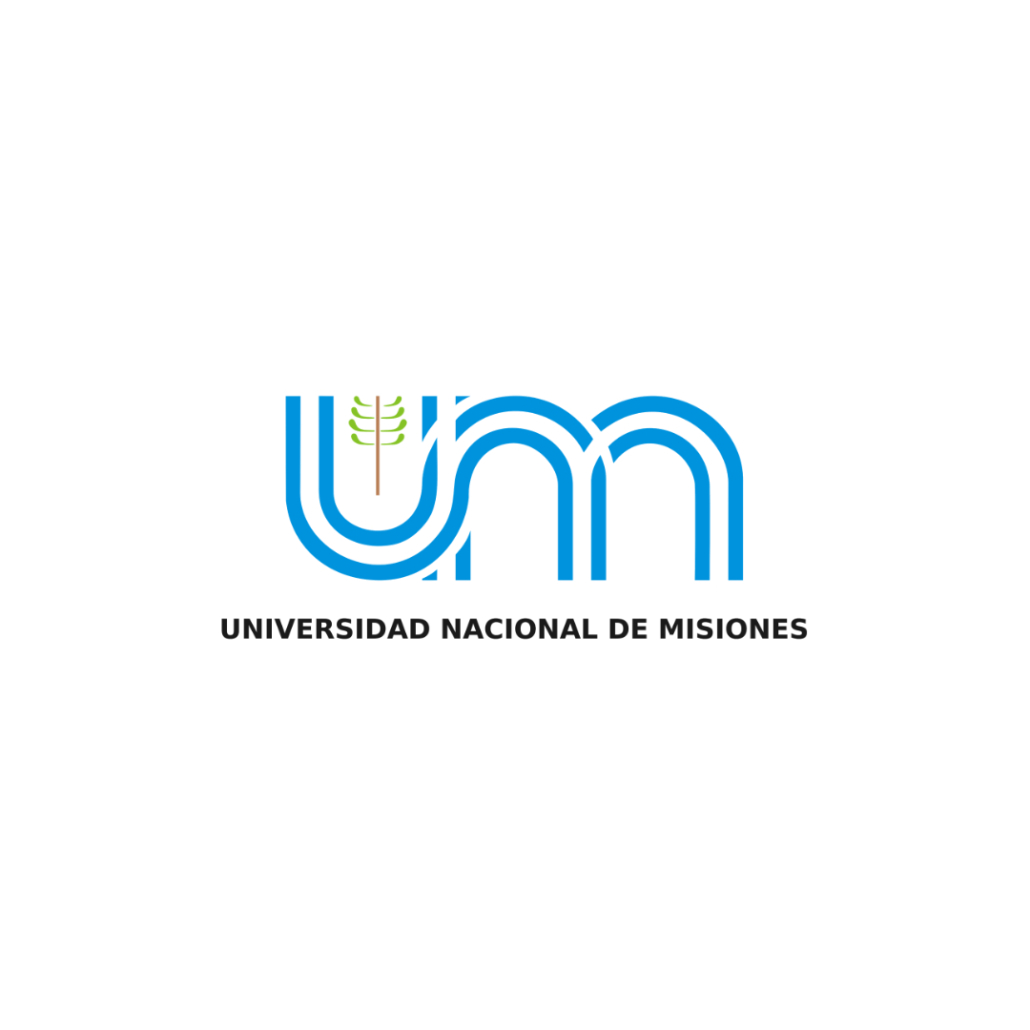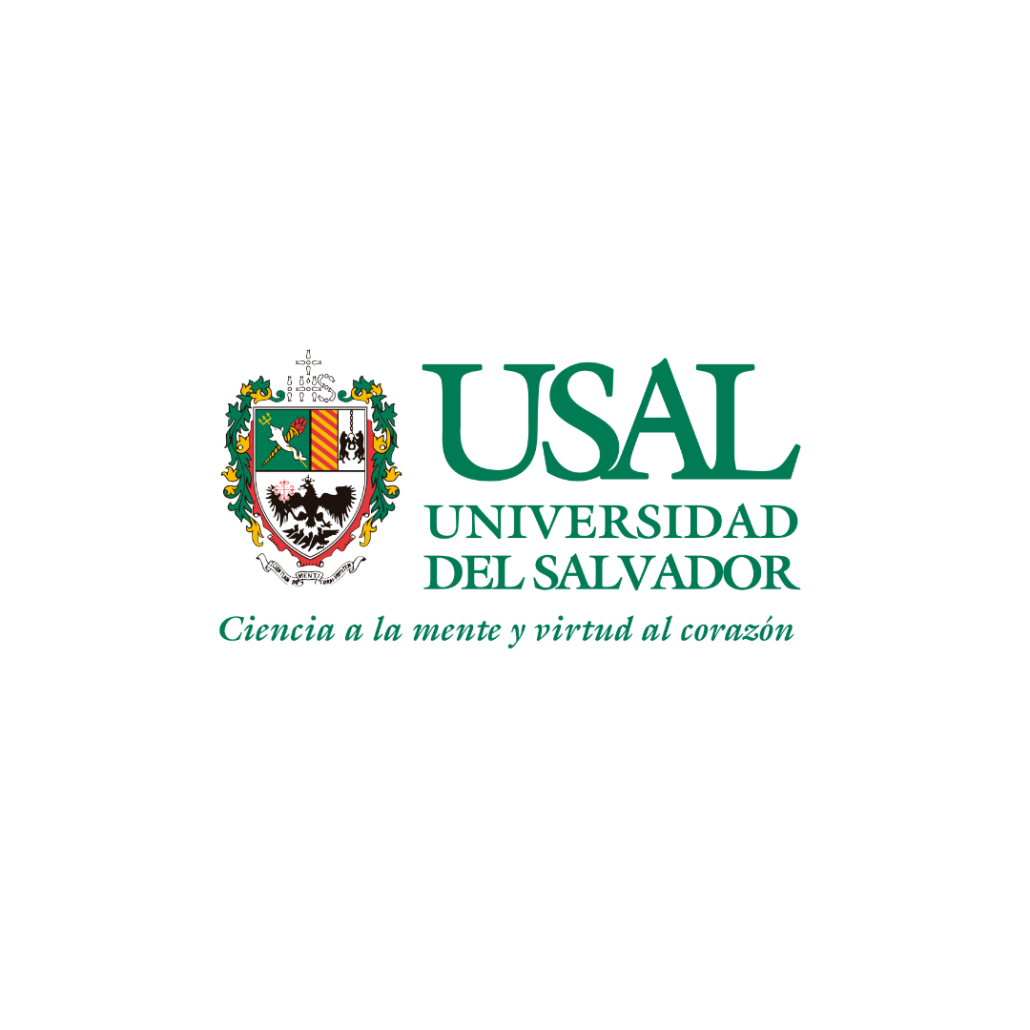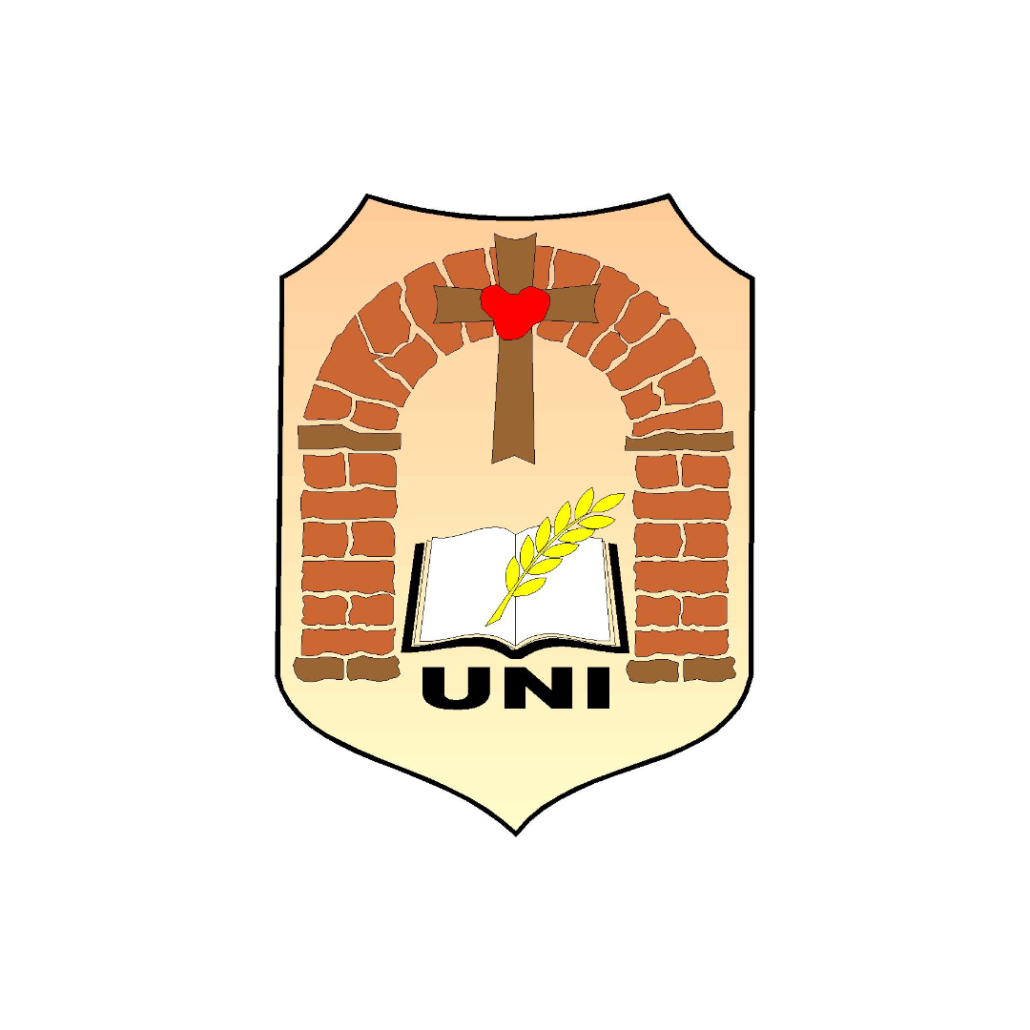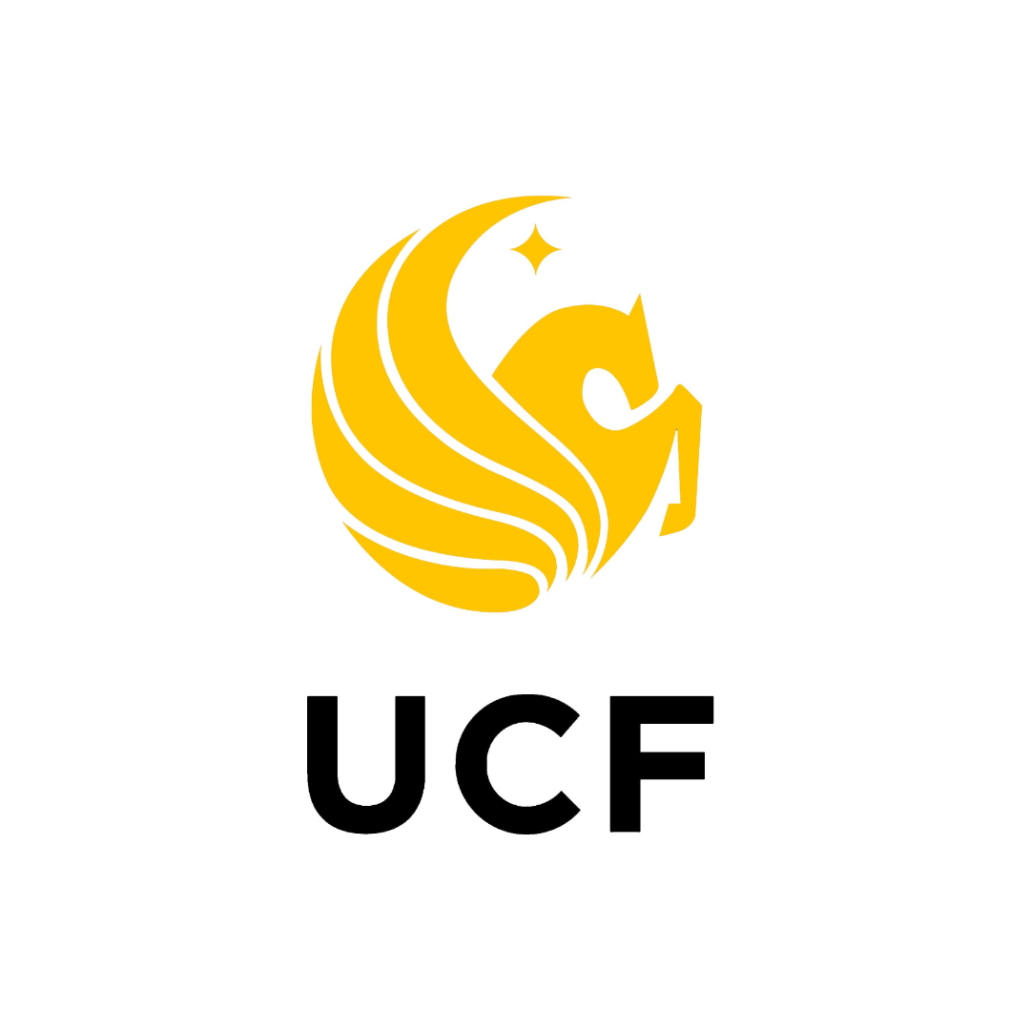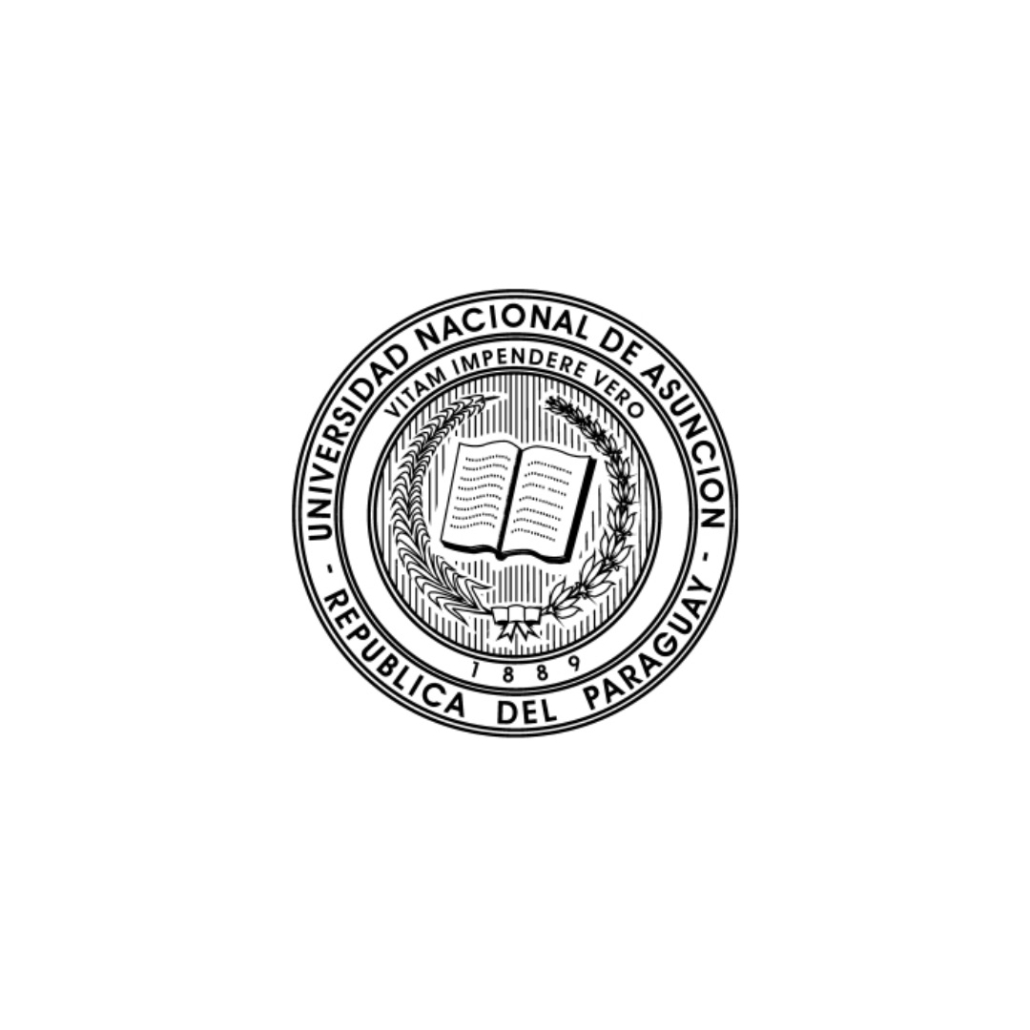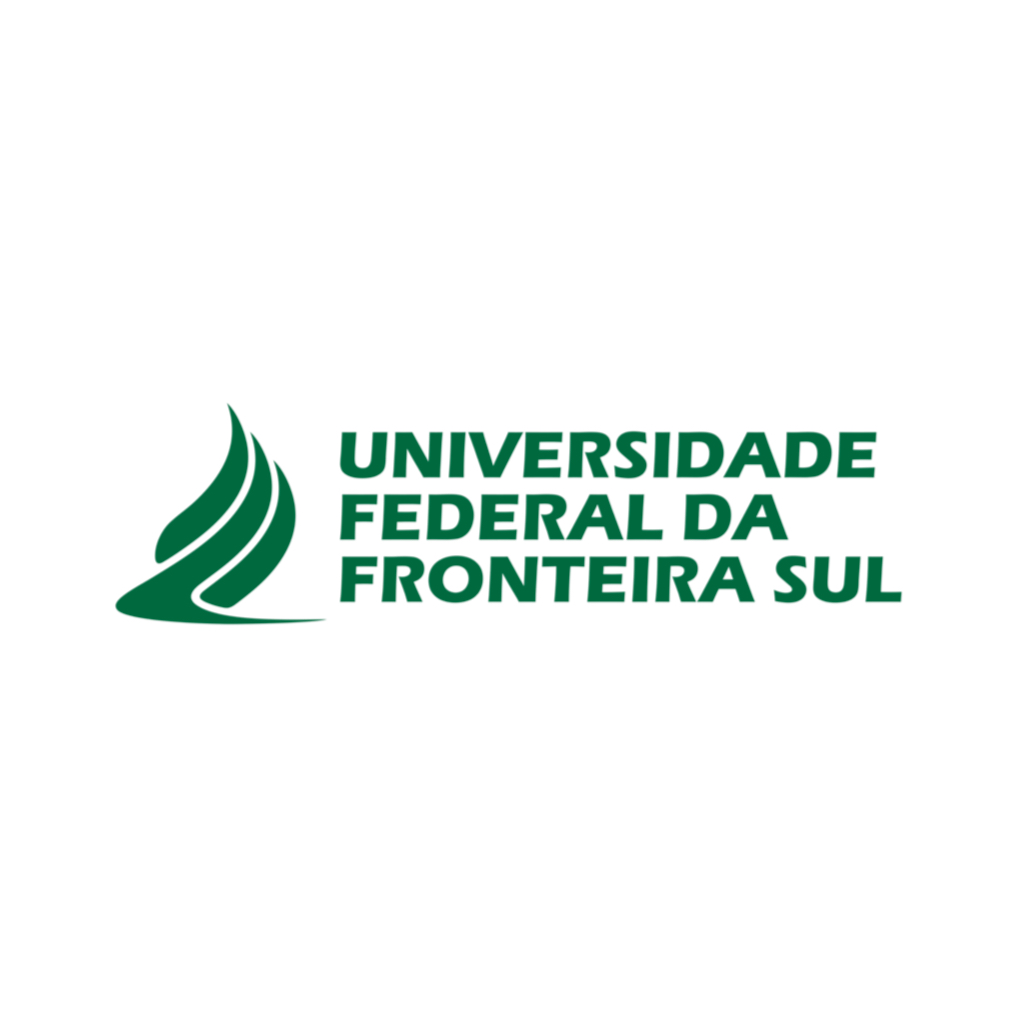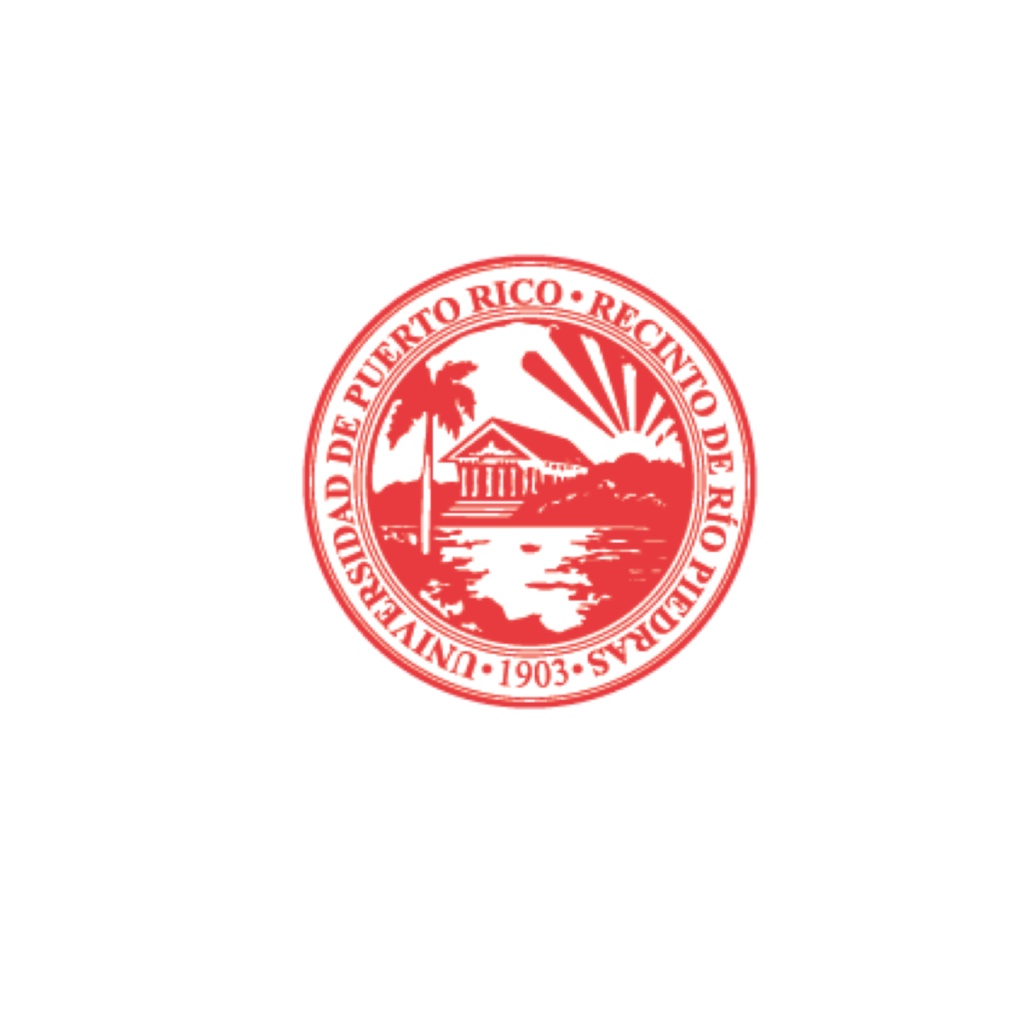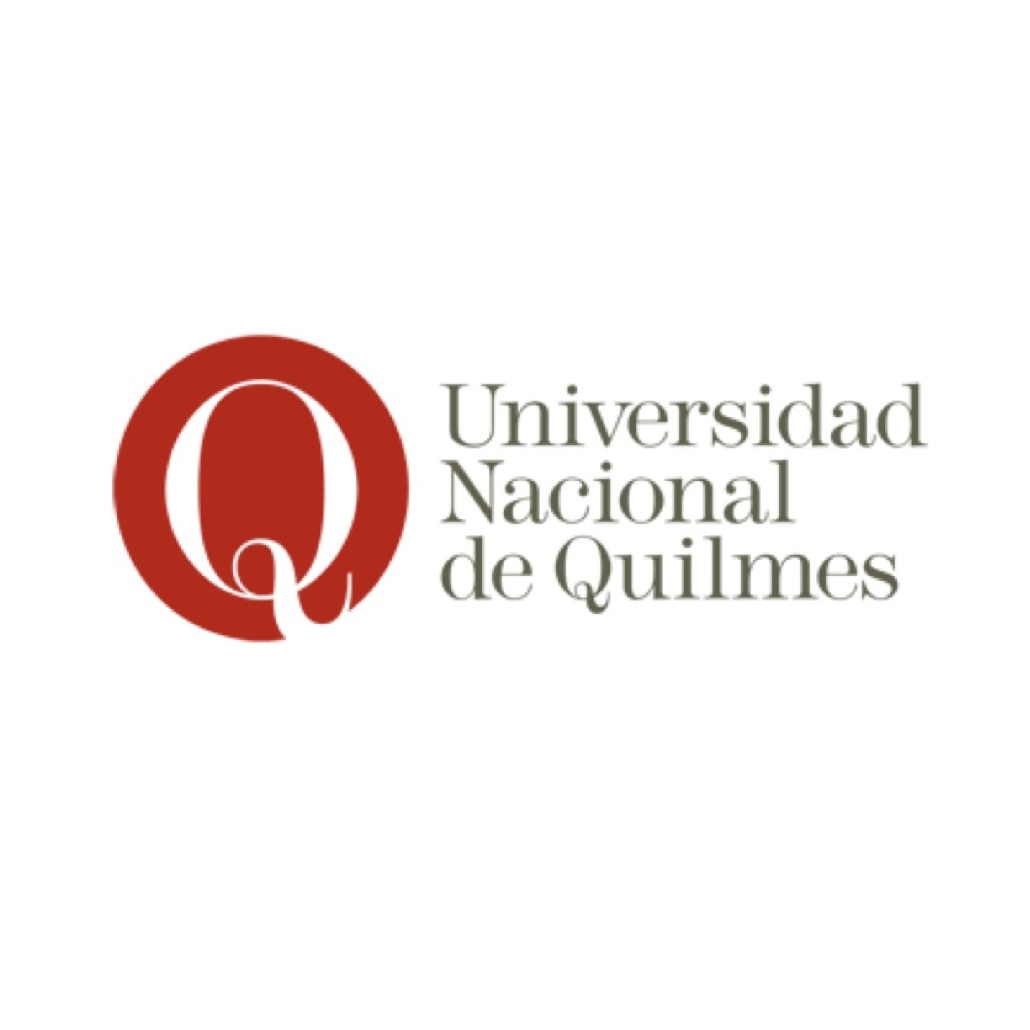Changes in population attitudes during covid-19 in a scenario of infodemic and informational uncertainties
DOI:
https://doi.org/10.24310/TSN.2022.v7i14.17321Keywords:
Infodemic, disinformation, COVID 19, transpandemicAbstract
In this work, we try to reflect on the Infodemic and misinformation that have been key during this pandemic. We consider it relevant to know the connections of the social and epidemiological information and to verify the differences and similarities between Europe and America. The article's objective is to analyse the risk of information on people's health and what are the forms of communication adopted by each of the countries. As a method of data collection, we have used the survey carried out by the market research institute Punto de Fuga and the international network Artisthrough the document: The study of the transpandemic society, which seeks to identify the effects on the behaviour of families and significant trends. The final sample was 3,050 individuals from Spain, France, Germany, Italy, United Kingdom, Argentina, Brazil, Chile, Mexico and USA, who answered an online semi-structured questionnaire with open and closed questions. Among the main results, the concern about a resurgence of the pandemic stands out, which is more significant in Central and South American countries. On the other hand, it is observed that Internet penetration differs between different countries.
Downloads
Metrics
References
Asamblea Mundial de la Salud, 58 (?2005): Revisión del reglamento sanitario internacional: nota de la secretaría. Organización Mundial de la Salud. Doi: https://apps.who.int/iris/handle/10665/22472
Carrión-Álvarez, Diego, y Tijerina-Salina, Perla X. (2020): «Fake News in COVID-19: A Perspective», en Health Promotion Perspectives, 10 (4), pp. 290-291. Doi: https://doi.org/10.34172/hpp.2020.44
Casino, Gonzalo (2022): «Comunicación en tiempos de pandemia: información, desinformación y lecciones provisionales de la crisis del coronavirus», en Gaceta Sanitaria, 36, S97-S104. Doi: https://doi.org/10.1016/j.gaceta.2022.01.003
Ceron, Wilson; Gruszynski-Sanseverino, Gabriela; De-Lima-Santos, Mathias Felipe; y Quiles, Marcos G. (2021): «COVID-19 Fake News Diffusion across Latin America», en Social Network Analysis and Mining, 11 (1), pp. 1-20.
Comisión Europea (2022): Lucha contra la desinformación. Consultado en julio de 2022. Disponible en https://ec.europa.eu/info/live-work-travel-eu/coronavirus-response/fighting-disinformation_es
Corradetti, Claudio, y Pollicino, Oreste (2021): «The “War” against Covid-19: State of Exception, State of Siege, or (Constitutional) Emergency Powers? The Italian Case in Comparative Perspective», en German Law Journal, 22 (6), pp. 1060-1071. Doi: https://doi.org/10.1017/glj.2021.48
Echemendía-Tocabens, Belkis (2011): «Definiciones acerca del riesgo y sus implicaciones», en Rev. Cubana Hig. Epidemiol., vol. 49, núm. 3, pp. 470-481. ISSN 1561-3003. Doi: http://scielo.sld.cu/pdf/hie/v49n3/hie14311.pdf
Eysenbach, Gunther (2020): «How to Fight an Infodemic: The Four Pillars of Infodemic Management», in Journal of Medical Internet Research, 22 (6), e21820. Doi: https://doi.org/10.2196%2F21820
Farré-Coma, Jordi (2005): «Comunicación de riesgo y espirales del miedo», en Comunicación y Sociedad, (3), pp. 95-119. Disponible en https://www.redalyc.org/pdf/346/34600305.pdf
García-Marín, David (2020): «Infodemia global. Desórdenes informativos, narrativas fake y fact-checking en la crisis de la covid-19», en El Profesional de la Información, vol. 29, núm. 4, e290411. Doi: https://doi.org/10.3145/epi.2020.jul.11
García-Saisó Sebastián; Marti, Myrna; Brooks, Ian; Curioso, Walter H.; González, Diego; Malek, Victoria; Mejía-Medina, Felipe; Radix, Carlene; Otzoy, Daniel; Zacarías, Soraya; Pereira-dos-Santos, Eliane; y D’Agostino, Marcelo (2021): «Infodemia en tiempos de covid-19», en Rev. Panam. Salud Pública, 45: e89. Doi: https://doi.org/10.26633/RPSP.2021.89
Gil-Calvo, Enrique (2009): «Riesgo, incertidumbre y medios de comunicación», en Carolina Moreno-Castro (ed.): Comunicar los riesgos. Ciencia y tecnología en la sociedad de la información, pp. 185-198. Madrid: Biblioteca Nueva/OEI.
Gómez-Castro, Liliana (2017): «La comunicación de riesgo en salud: aspectos teóricos y metodológicos para el control de emergencias públicas sanitarias», en Medisan, 21 (12), pp. 3386-3399. Disponible en http://scielo.sld.cu/scielo.php?script=sci_arttext&pid=S1029-30192017001200013
Gutiérrez-Coba, Liliana; Coba-Gutiérrez, Patricia; y Gómez-Díaz, Javier Andrés (2020): «Las noticias falsas y desinformación sobre el covid-19: análisis comparativo de seis países iberoamericanos», en Revista Latina de Comunicación Social, 78, pp. 237-264. Doi: https://www.doi.org/10.4185/RLCS-2020-1476
Johns Hopkins University (2022): ARCGIS. Recuperado de https://www.arcgis.com/apps/dashboards/bda7594740fd40299423467b48e9ecf6)
Junta de Andalucía (2010): Protocolo de investigación de brote epidémico. Disponible en https://www.juntadeandalucia.es/export/drupaljda/salud_5af95879cbfd0_protocolo_brote_epidemico.pdf
Maslow, Abraham H. (1975): Motivación y personalidad (2.ª ed.). Barcelona: Sagitario. Disponible en https://batalloso.com/wp-content/uploads/2021/09/Maslow-Abraham-Motivacion-Y-Personalidad.pdf
Mehra, Mandeep R.; Desai, Sapan S.; Ruschitzka, Frank; y Patel, Amit N. (2020): «RETRACTED: Hydroxychloroquine or Chloroquine with or without a Macrolide for Treatment of COVID-19: A Multinational Registry Analysis», en The Lancet. Disponible en https://www.thelancet.com/journals/lancet/article/PIIS0140-6736(20)31180-6/fulltext#%20
Moreno Castro, Carolina (2009): Comunicar los riesgos. Ciencia y tecnología en la sociedad de la información. Madrid: Biblioteca Nueva/OEI.
Moreno-Castro, Carolina; Vengut-Climent, Empar; Cano-Orón, Lorena; y Mendoza-Poudereux, Isabel (2021): «Exploratory Study of the Hoaxes Spread Via WhatsApp in Spain to Prevent and/or Cure COVID-19», en Gaceta Sanitaria, 35, pp. 534-540. Doi: 10.1016/j.gaceta.2020.07.008
Nieves-Cuervo, Giselly Mayerly; Manrique-Hernández, Edgar F.; Robledo-Colonia, Angelo Fernando; y Grillo-Ardilla, Elvia Karina (2021): «Infodemia: noticias falsas y tendencias de mortalidad por covid-19 en seis países de América Latina», en Rev. Panam. Salud Pública, 45: e44. Doi: https://doi.org/10.26633/RPSP.2021.44
Orso, Daniele; Federici, Nicola; Copetti, Roberto; Vetrugno, Luigi; y Bove, Tiziana (2020): «Infodemic and the Spread of Fake News in the COVID-19-Era», in European Journal of Emergency Medicine. Doi: https://doi.org/10.1097/mej.0000000000000713
Punto de Fuga (2022): El estudio de la sociedad transpandémica. DIRSE (Asociación Española de Directivos de Responsabilidad Social).
Rojas-Román, Brenda; Moscoso, Stephanie; Ah-Chung, Sun Ah; Terceros, Blanca Limpias; Álvarez-Risco, Aldo; y Yáñez, Jaime A. (2020): «Tratamiento de la Covid-19 en Perú y Bolivia y los riesgos de la automedicación», en Revista Cubana de Farmacia, 53 (2), e435-1-20. Disponible en https://repositorio.ulima.edu.pe/handle/20.500.12724/11641
Rojas-Soriano, Raúl (2021): Enfoque sociológico sobre la pandemia de covid-19. Enigmas y desafíos a la ciencia. Disponible en https://raulrojassoriano.com/enfoque-sociologico-sobre-la-pandemia-de-covid-19/
Román-San-Miguel, Aranzazu; Sánchez-Gey-Valenzuela, Nuria; y Elías-Zambrano, Rodrigo (2020): «Las fake news durante el estado de alarma por covid-19. Análisis desde el punto de vista político en la prensa española», en Revista Latina de Comunicación Social, 78, pp. 359-391. Doi: https://doi.org/10.4185/RLCS-2020-1481
Secretaría de Salud de México (2007): «Salud: México 2006. Información para la rendición de cuentas».
Statista (2022): Tasa de penetración de Internet en todo el mundo en abril de 2022, por región.
Tuesca-Molina, Rafael (2021): Material audiovisual y películas comerciales para comprensión y comunicación de epidemias/pandemias (doctoral dissertation, Universitat de València).
Tuesca-Molina, Rafael; Rodríguez-Ávila, Nuria; y Moreno-Castro, Carolina (2021): «Una mirada histórico-geográfica de las pandemias: para entender de manera compleja la covid-19», en Revista Salud Uninorte, 37 (1), pp. 189-204. Doi: https://doi.org/10.14482/sun.37.1.616.242
Villa-Gracia, Alberto Daniel, y Cerdán-Martínez, Víctor (2020): «Bulos durante la pandemia del covid-19 en España: un estudio a través de Google Trends», en Revista Latina de Comunicación Social, 78, pp. 169-182. Doi: https://www.doi.org/10.4185/RLCS-2020-1473
World Health Organization (2021): Infodemic Management: An Overview of Infodemic Management during COVID-19, enero de 2020-mayo de 2021.
Zarocostas, John (2020): «How to Fight an Infodemic», en The Lancet, vol. 395 (10225), p. 676. Doi: https://doi.org/10.1016/S0140-6736(20)30461-X
Zommer, Laura (2020): Prevenir y curar la infodemia de las noticias falsas. TEDxRiodelaPlata. TED Conferences. Disponible en https://tedxriodelaplata.org/charla/prevenir-y-curar-la-infodemia-de-las-noticias-falsas/
Downloads
Published
How to Cite
Issue
Section
License

This work is licensed under a Creative Commons Attribution-NonCommercial-ShareAlike 4.0 International License.

